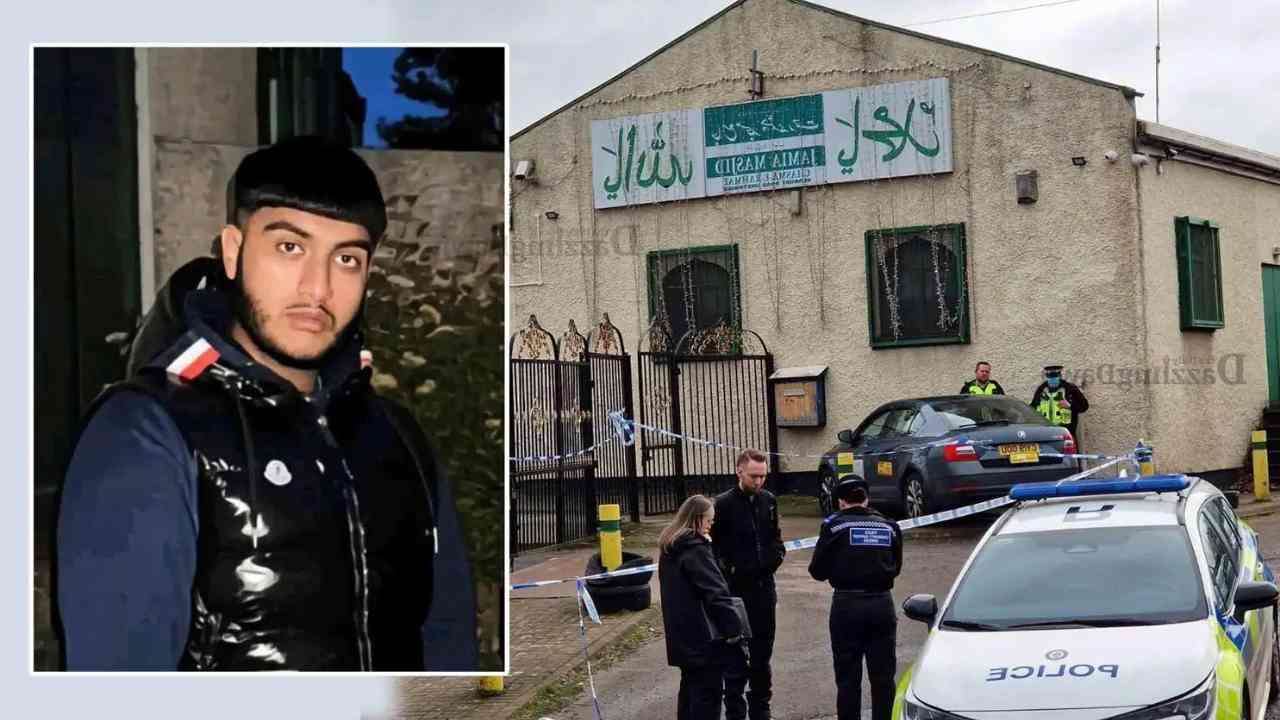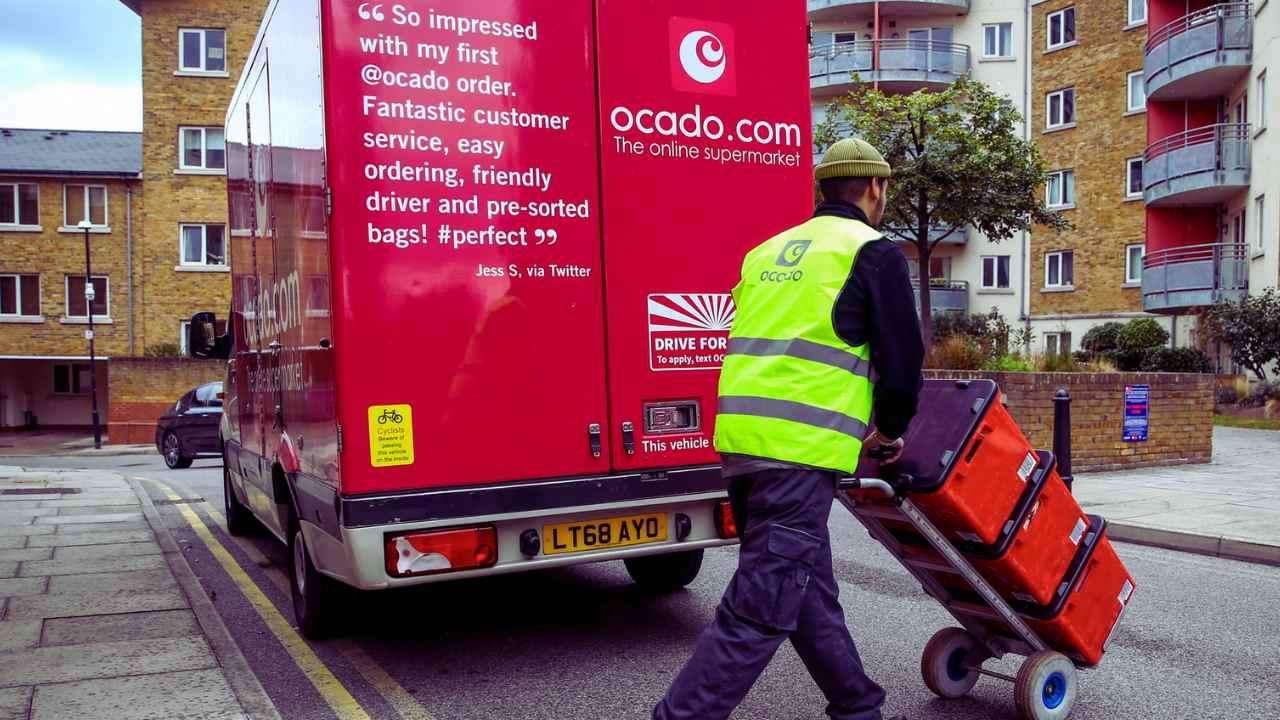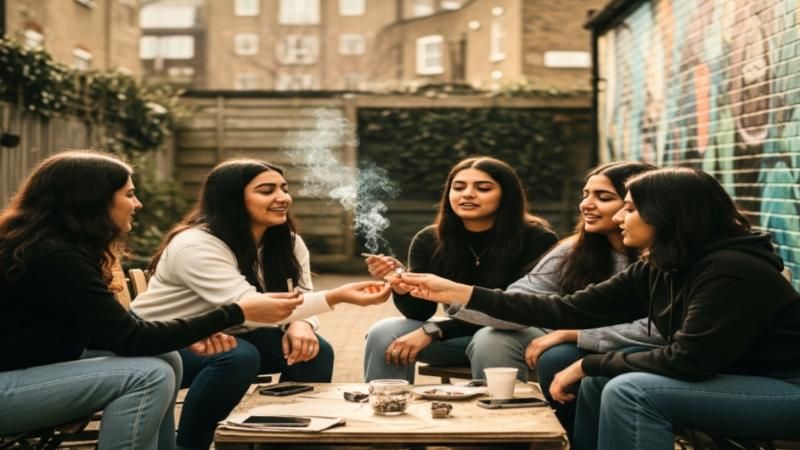London Mayor Sadiq Khan has thrown his weight behind the "compelling, evidence-led" case for decriminalising the possession of small quantities of natural cannabis, following a comprehensive three-year study into the policing of the Class B drug in the capital. The report, led by Labour peer Lord Charlie Falconer and the London Drugs Commission, concludes that current enforcement under the Misuse of Drugs Act is "disproportionate" and causes "damage" to police relations with ethnic communities, Daily Dazzling Dawn understands.
The independent London Drugs Commission's findings, released today, argue that the "intrusive and traumatic" impact of dragging young people through the criminal justice system for cannabis possession – including multiple searches and potential prison sentences – cannot be justified against the drug's relative harms compared to other illegal substances.
While Mayor Khan does not possess the power to legalise cannabis in London, and both Prime Minister Sir Keir Starmer and Home Secretary Yvette Cooper remain opposed to decriminalisation, the report urges central government to consider its recommendations. The Home Office has reiterated its stance against decriminalising the drug.
Disparities in Cannabis Use and Policing
The study sheds light on significant disparities in cannabis use and policing across London's diverse population. According to the report, Londoners from a mixed ethnic background reported the highest past-year cannabis use at 18%, followed by Black people at 11%, and White people at 8.5%. Asian and Arab groups showed the lowest rates of use, at 7.7%.
Despite these figures, the report highlights a stark racial disproportionality in police enforcement: Black individuals were 3.1 times more likely to be subjected to a drug-related stop-and-search than White individuals. This disproportionality was particularly pronounced in areas such as Croydon, Brent, Hackney, and Hammersmith and Fulham.
Cannabis Use in British South Asian Communities
Regarding specific South Asian communities, the report notes that Asian and Arab groups have the lowest prevalence of cannabis use at 7.7%. This broadly aligns with other UK data. For instance, data from the Adult Psychiatric Morbidity Survey (2014) indicated that Asian adults, as a broader group, had the lowest levels of illicit drug use (3.4%) compared to Black adults (11.7%) and White British adults (8.9%). Within the South Asian community, past research suggests that drug use, including cannabis, is often not publicly acknowledged due to stigma, and while historical trends indicated some increase, more recent data generally shows lower levels compared to the general population. Specifically for British Bangladeshis, previous findings have highlighted cannabis as a primary drug of choice, though overall drug use can be underreported due to social factors.
Ethnic Community with Highest Cannabis Use in the UK
The London Drugs Commission's report indicates that, within London, individuals from a mixed ethnic background admitted to being the highest users of cannabis in the past year (18%). More broadly across the UK, national surveys have also often shown that adults from mixed ethnic backgrounds are most likely to have used any illicit drug in the last year, including cannabis, compared to other ethnic groups. For example, the 2013/14 Crime Survey for England and Wales found that last year cannabis use was highest among adults from a mixed ethnic background (13.8%), compared with white adults (7.0% overall).
Women Users in Ethnic Minority Communities
The report's focus is on general statistics rather than a specific breakdown of women users within each ethnic minority. However, broader UK data on illicit drug use by ethnicity and sex from the Adult Psychiatric Morbidity Survey (2014) indicates that Black women (9.7%), White British women (6.2%), and women from the White Other group (6.9%) were more likely to have used illicit drugs, including cannabis, compared with Asian women (0.4%). This suggests a significantly lower prevalence of illicit drug use, including cannabis, among Asian women compared to other ethnic minority women and White women.
Recommendations for a Safer Approach
Lord Falconer's report proposes 42 recommendations for City Hall and central government aimed at fostering a "safer approach to managing cannabis use in London’s communities." These include enhancing education for young people and improving health and addiction services. A key suggestion is to reconsider the Metropolitan Police and City of London Police's ability to justify stop-and-search solely based on suspected cannabis possession in public, though the authors caution against viewing this as a "magic bullet."
Mayor Khan commended the study, which gathered insights from over 200 global and London-based experts, stating, "The London Drugs Commission report makes a compelling, evidenced-based case for the decriminalisation of possession of small quantities of natural cannabis, which the government should consider." He emphasized the need for "better education, improved healthcare and more effective, equitable policing of cannabis use."
The report also delves into the complex link between drugs and violence, noting that Black Londoners are 70% more likely to be victims of violent crime and nearly six times more likely to be murdered than White individuals. However, it clarifies that this correlation does not justify the racial disproportionality in drug-related stop-and-search.
Janet Hills, a former Met detective sergeant and deputy chair of the LDC, highlighted the "detrimental impact" of cannabis stop-and-searches on the Black community, calling the findings a "driver for change" towards a "more balanced and compassionate approach to policing."
The report asserts that "Cannabis policing continues to focus on particular ethnic communities, creating damaging, long-lasting consequences for individuals, wider society, and police-community relations." It argues that criminalising cannabis users neither enhances community safety nor meaningfully discourages use.
Political Opposition and Future Implications
The report's findings have drawn sharp criticism. Shadow Home Secretary Chris Philp vehemently opposed the decriminalisation plans, warning of the potential for London to follow the path of some US and Canadian cities, which he claims have been "devastated by soft policies on addictive and harmful drugs." He stressed that cannabis is illegal due to its association with anti-social behaviour and the risk of "serious psychosis and severe mental health problems" with heavy use.
Philp accused Mayor Khan of "politically correct posturing" and prioritising "left-wing friends" over public safety, stating, "We must stop soft Sadiq."
The Mayor's office confirmed it would "be studying these recommendations carefully and sharing the report’s findings with all the relevant parties, including local authorities, the government, the Met, NHS London and other health and education partners."
This debate comes after Mayor Khan's 2022 visit to a regulated cannabis factory in Los Angeles, where he praised its "high standards," a move from which the Labour party had previously distanced itself. Last November, the Centre for Social Justice think tank also cautioned against adopting similar liberal drug laws, citing concerns over increased addictions.








.svg)


.jpg)
